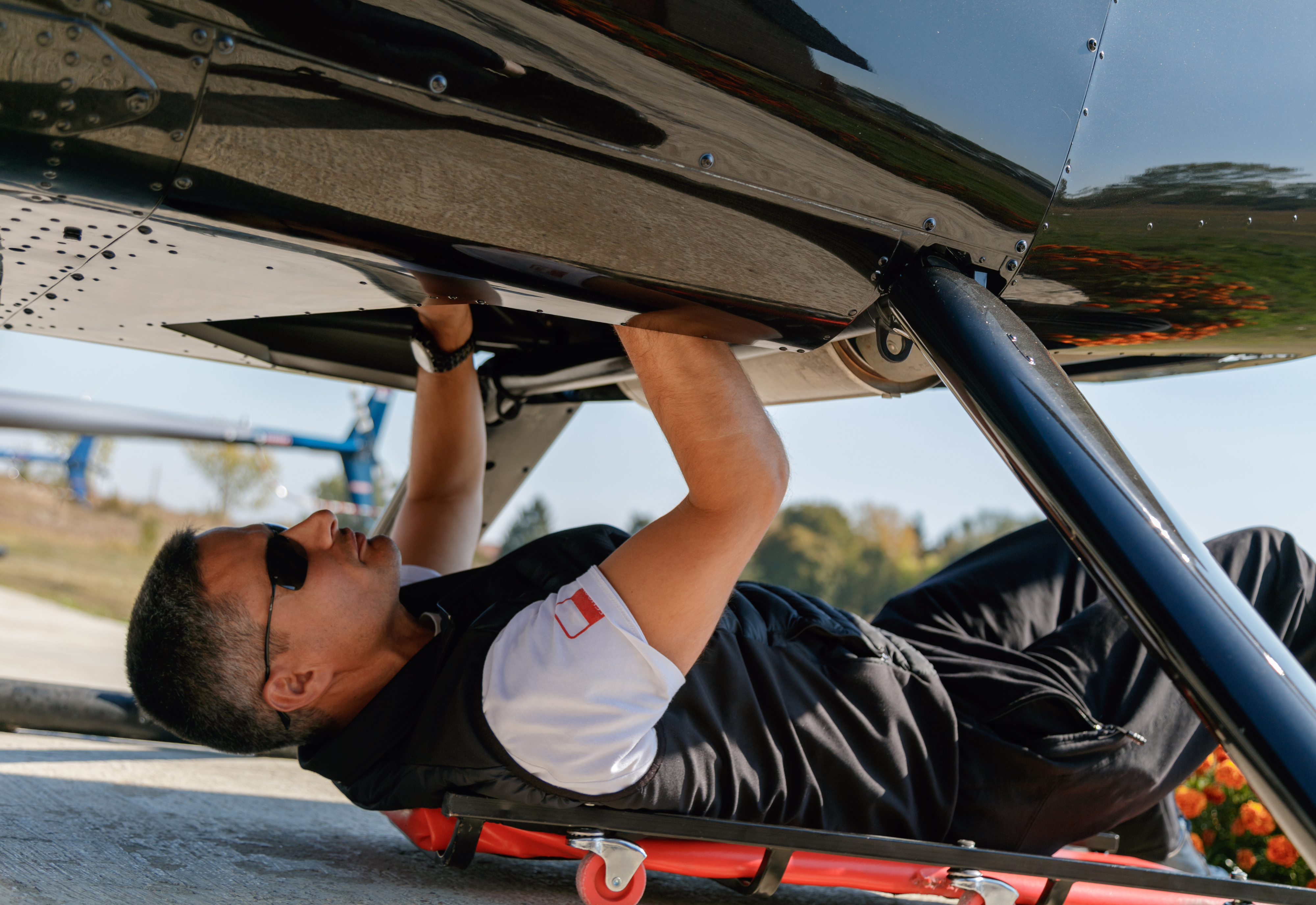If you’ve never looked into military contract work overseas before, it can seem like a minefield.
For example, do you know what to do about working visas, where you can find a role or even where you should start looking for jobs?
If you’re considering a career change or just looking for a new job in your current industry, we at M&E Global can help you to find the right person for the right job: in fact, we have a wide range of military contract jobs currently available.
Take the stress out of looking for overseas contract jobs with our myth-busting guide, which can tell you what you need to know...
8 myths and facts about overseas contract work
1. I can’t take my family with me on military contract work overseas
MYTH: Some of our roles are in destinations that are suitable for families, so it’s worth asking your recruiter about jobs that could allow you to bring your family along with you.
This does add additional logistical arrangements, for example, researching schools, finding appropriate housing and applying to local services like doctors’ and dentists’ surgeries.
If your contract is shorter term you may prefer to work away for a short time and have your family join you once you are able to negotiate a longer-term contract.
2. An employer should provide me with my work visa, if I need one
FACT: Any reputable overseas employer will provide you with the correct visa for the duration of your employment – if they ask you to arrange your own this should trigger alarm bells.
As a specialist recruiter, we will oversee your visa application. You may need to obtain health insurance, undergo a medical and set up new bank accounts, however, a good employer or recruitment agency will advise you directly on this.

3. The only overseas contracting jobs are in the Middle East
MYTH: It’s true that there is a wide selection of contract roles in the Middle East, but there are also global opportunities.
Some of our most popular contracting roles are in Germany, in cities like Mannheim and Vilseck – have a read of our recent blog about living and working in Germany.
4. Military contract work overseas pays well
FACT: Everyone has to work their way up the ladder in any profession, but it’s true that you’ll be paid a very competitive salary that’s usually higher than you would have received in the military or a comparative civilian job in the UK.
The salary is often higher to compensate for the shorter duration of contracts (from six to eighteen months), and some roles also include travel allowance, flights, accommodation and meals while you’re working.
5. I’ll be able to find the same job myself – I don’t need a recruiter
MYTH: Most employers will look to a specialist recruiter to help them fill highly skilled roles.
While you may be able to find a similar job yourself, a recruiter can give you far more detail about the role and the process than you would be able to find on your own.
Not only this, they will be able to assist you from start to finish with your application, coach you for your interview, help with any visa enquiries and provide support once you are in the role, should you need it.
Put simply, a specialist recruitment consultant will take some of the stress out of the process. What’s more, many hiring companies, especially in the defence sector, only hire via specialist providers and cannot hire an employee directly.
6. Age is a barrier in contract work, I’m too old now
MYTH: Many people consider overseas contract work as a young person’s game, due to the transient nature of the role.
However, there’s a place for everyone and as long as you fulfil the job criteria, there’s no reason why you couldn’t work in an overseas contract role – some people take up the job after they’ve retired from the army.
And of course, if you’ve had a lengthy career in the military your experience will be especially valued.

7. I’ll need specific skills for a contract role and may need to take more qualifications
FACT: If you’re working for a prestigious military client you will need to be highly skilled in your area of expertise.
For example, if you’re an aviation mechanic looking to work on Chinook or Apache helicopters, you will need a minimum of one year’s specialised experience on this aircraft and preferably longer within the aviation industry.
If you’re leaving the military, make sure you find out what the civilian accreditation is for each of your military qualifications. If you find you’re falling short, you may need to ‘top up’ your experience during resettlement or with a professional course once you have left.
There are many transferable skills which you can take with you from the military, from physical fitness to attention to detail – make sure you highlight these on your application too.
8. Contract work doesn’t help my career
MYTH: With overseas contract work, you have the ability to tailor your career to suit you, picking the roles and destinations that will help you to progress.
Of course, if you’re happy to stay at a comfortable level for your experience then this is certainly doable, but ambitious workers will excel in this environment and will be able to choose contracts on highly technical machines.
Some jobs also include automatic promotion on completion of a six-month contract. During your time in post, it’s a good idea to build a network of contacts (and friends!) who you can call upon in the future – if you’re a hard worker and keen to progress, it’s good to get your name known.
We know that taking up military contract work overseas can seem daunting.
You might not know where to start or have read conflicting information. We’re here to dispel any myths, so if you have any more questions feel free to contact us. If you’d like to start the next stage of your career, explore the opportunities we currently have available, and start applying!
{{cta('a819fe57-3e5d-44dd-bfbd-2951198c21a1','justifycenter')}}








